South Dakota Sales and Use Tax Guide for Retailers & E-Commerce Sellers

Economic Nexus Threshold | State Tax Rate | Range of Local Rates | Streamlined Sales Tax Status | Administered by |
|---|---|---|---|---|
USD 100,000 | 4.2% | 1-2% plus other applicable taxes | Full Member | South Dakota Department of Revenue |
Sales and Use Tax Basics in South Dakota
Sales Tax
South Dakota imposes a sales tax on gross receipts of all retail sales, such as sales, leases, or rentals of tangible personal property, that is, tangible goods. Additionally, sales tax applies to all retail sales of products transferred electronically or digitally and to all services. Retail sellers are liable for sales tax, even if they do not charge and collect it from the final consumer.
Use Tax
Like most other US states, South Dakota imposes a use tax as a counterpart of sales tax. The use tax applies to the same goods and services as the sales tax. Therefore, it is applicable only when no sales tax has been collected and remitted on goods and services used, stored, or consumed in South Dakota.
These situations include buying goods or services from out-of-state sellers not registered for sales tax purposes in the state, or when businesses remove untaxed inventory for personal or business use.
South Dakota Sales and Use Tax Rates
South Dakota has a 4.2% statewide sales and use tax. Many municipalities also impose municipal sales and use taxes at rates between 1% and 2 %. These municipal sales and use tax rates apply to all sales of goods and services subject to the state sales or use tax.
In addition to state and local sales and use tax, several other taxes, such as Municipal Gross Receipts Tax (MGRT), Contractor’s Excise Tax, Tourism Tax, Wireless Gross Receipts Tax, Amusement Excise Tax, and Sioux Falls Lodging Tax, areimposed, and either collected or reported together with sales and use tax. These taxes vary from 1% to 4.2%.
Tax-Exempt Transactions
Retail sales of goods and services may be exempt from sales and use tax in South Dakota for several reasons. The first is that the buyer is a tax-exempt entity, such as US government agencies, Indian tribes, public or municipal corporations of the State of South Dakota, non-profit hospitals, and South Dakota religious and private schools.
The second exemption refers to products specifically exempt from sales tax, such as gifts, prepared food, meals, and drinks. Transactions relating to services such as product repair and service, health, educational, and social services provided by specific membership organizations, or financial services performed by institutions registered under a bank franchise are also listed as tax-exempt services. Goods bought for resale are also eligible for tax exemption.
Nexus Rules in South Dakota
If taxable persons establish a nexus, which is a significant connection with state or local government, they must register for sales and use tax purposes to collect and remit taxes on their retail sales. This connection can be established through physical presence, economic, or marketplace nexus.
Physical Nexus
In South Dakota, a business may establish a physical nexus if it has a significant ownership connection with another retailer or business that already has a physical presence in South Dakota.
Additionally, if an out-of-state or remote seller sells similar products under the same or a closely related brand name as the in-state business, or if the in-state business or employee helps facilitate the out-of-state retailer’s sales through advertising or promotion, physical nexus exists. Furthermore, a physical nexus is established if a company has a warehouse or distribution center in the state.
Economic Nexus
South Dakota changed the sales and use tax rules across the US by introducing the economic nexus in 2018, after the Supreme Court's decision in the South Dakota v. Wayfair case.
Therefore, if a remote seller without a physical presence in the state made more than USD 100,000 in gross sales into South Dakota in the previous or current calendar year, it must register for sales and use tax purposes and collect and remit taxes.
Marketplace Nexus
Marketplace nexus rules were introduced in 2019 and refer to the obligation for marketplace providers or facilitators who meet a USD 100,000 threshold to register for, collect, and remit sales tax on behalf of marketplace sellers.
Taxable Goods and Services in South Dakota
All tangible goods that can be seen, weighed, measured, felt, or touched, or that are in any other manner perceptible to the senses if furnished or delivered to consumers or users within the state, including electricity, water, gas, steam, and prewritten computer softwar, are subject to sales and use tax, unless strictly defined as exempt.
While services are mainly non-taxable in most US states unless defined otherwise, in South Dakota, the sale of all services, including products and services transferred electronically, is subject to sales and use tax. Only services listed as exempt are not subject to these taxes.
Bundled Transactions and the True Object Test
Bundled transactions include retail sales of two or more distinct and identifiable products for one non-itemized or single price. When a bundled transaction comprises a mix of services, such as telecommunications, ancillary services, internet access, or audio or video programming, and the price includes taxable and non-taxable retail sales, the entire transaction is generally subject to sales tax.
However, if the seller or provider can clearly and reliably separate the charges for non-taxable sales, only the taxable portion will be taxed. The South Dakota Codified Law explains situations where transactions are not considered bundled, even though they include two or more distinct and identifiable products sold for one non-itemized price.
E-Commerce Framework
As the pioneer in the rules and regulations referring to economic nexus, South Dakota was the first US state to implement laws that transformed the US e-commerce regulatory framework. Therefore, if remote or out-of-state sellers meet the USD 100,000 gross sales threshold in the previous or current calendar year, the taxable person must become sales tax-registered and collect and remit South Dakota sales tax for the following year.
However, this rule only applies to sellers selling their goods or products through their website or other similar channels. Remote or out-of-state sellers who offer and sell their products and services through a marketplace have additional rules and requirements.
Marketplace Rules
Marketplace sellers are individuals or businesses that utilize marketplaces operated by marketplace providers or facilitators to sell their products and services to consumers in South Dakota. If a marketplace is registered for sales tax purposes, marketplace sellers are not required to collect and remit sales tax. Thus, that responsibility lies with the marketplace provider.
However, if a marketplace is not registered for sales tax, and the marketplace seller exceeds the USD 100,000 threshold, it must remit sales tax on all sales it makes into South Dakota.
Digital Goods and Services
Under South Dakota's rules and regulations, sellers must still collect sales tax on digital products delivered to customers in the state, and consumers must pay use tax on those products if the seller did not collect sales tax. Product transferred electronically refers to products or items delivered digitally rather than on physical media like CDs, DVDs, or tapes.
It is not essential whether the consumer or user gains temporary or permanent access to digital products for sales tax to apply. For example, both a three-day rental of a movie and the permanent download of a movie are subject to sales tax. Furthermore, the sale of digital codes that can be used to access a product transferred digitally is taxed the same way as the product it provides access to.
Examples of digital goods include e-books, music and video downloads, streaming of music, video, and games, online courses, digital artwork, and other similar goods. If a buyer does not provide an exemption certificate proving that the product is for resale or exempt from sales and use tax, the digital product is subject to sales or use tax.
Digital Marketplace
Since 2019, marketplace providers have been required to register for sales tax purposes and collect and remit sales tax on all sales in South Dakota if they meet requirements.
Under the same rules, only individuals and businesses that facilitate a sale for a marketplace seller through a marketplace and are directly, or indirectly through any agreement or arrangement with third parties, collecting payment from a purchaser and transmitting the payment to the marketplace seller are considered marketplace providers.
Whether those individuals or businesses receive compensation for that service is irrelevant for being considered marketplace providers.
Digital Platform Operator
Marketplace providers, facilitators, or operators must register for sales tax if they sell or facilitate the sales of at least one marketplace seller who meets the remote seller criteria or two or more marketplace sellers whose combined sales exceed the USD 100,000 threshold.
In addition to being obliged to collect and remit sales tax, marketplace providers must also notify marketplace sellers that their South Dakota sales tax is being reported and remitted on all marketplace sales. This notification must be posted on the marketplace website and provided directly to each seller.
Filing and Payment Requirements in South Dakota
Once taxable persons complete the sales and use tax registration process, the Department of Revenue notifies them how frequently they must file returns.
Taxable persons registered for sales and use tax must submit a tax return each reporting period, even if they did not conduct business or collect taxes. Both paper and electronic returns are allowed and must be submitted by the 20th of the month.
Notably, taxable persons who file and pay their sales or use tax returns electronically are eligible to receive a collection allowance of 1.5% of the tax due, up to a maximum of USD 70 for each reporting period.
Penalties for Non-Compliance with Sales and Use Tax Requirements
Late filing of tax returns and late payment of due taxes are penalized with a 10% penalty of tax liability assessed by the Department of Revenue, where the minimum penalty is USD 10. In addition to penalties, an interest of 1% is calculated each month on any past due tax until the tax is paid in full. The minimum interest of USD 5 is due the first month.

More News from Americas
Get real-time updates and developments from around the world, keeping you informed and prepared.
-e9lcpxl5nq.webp)








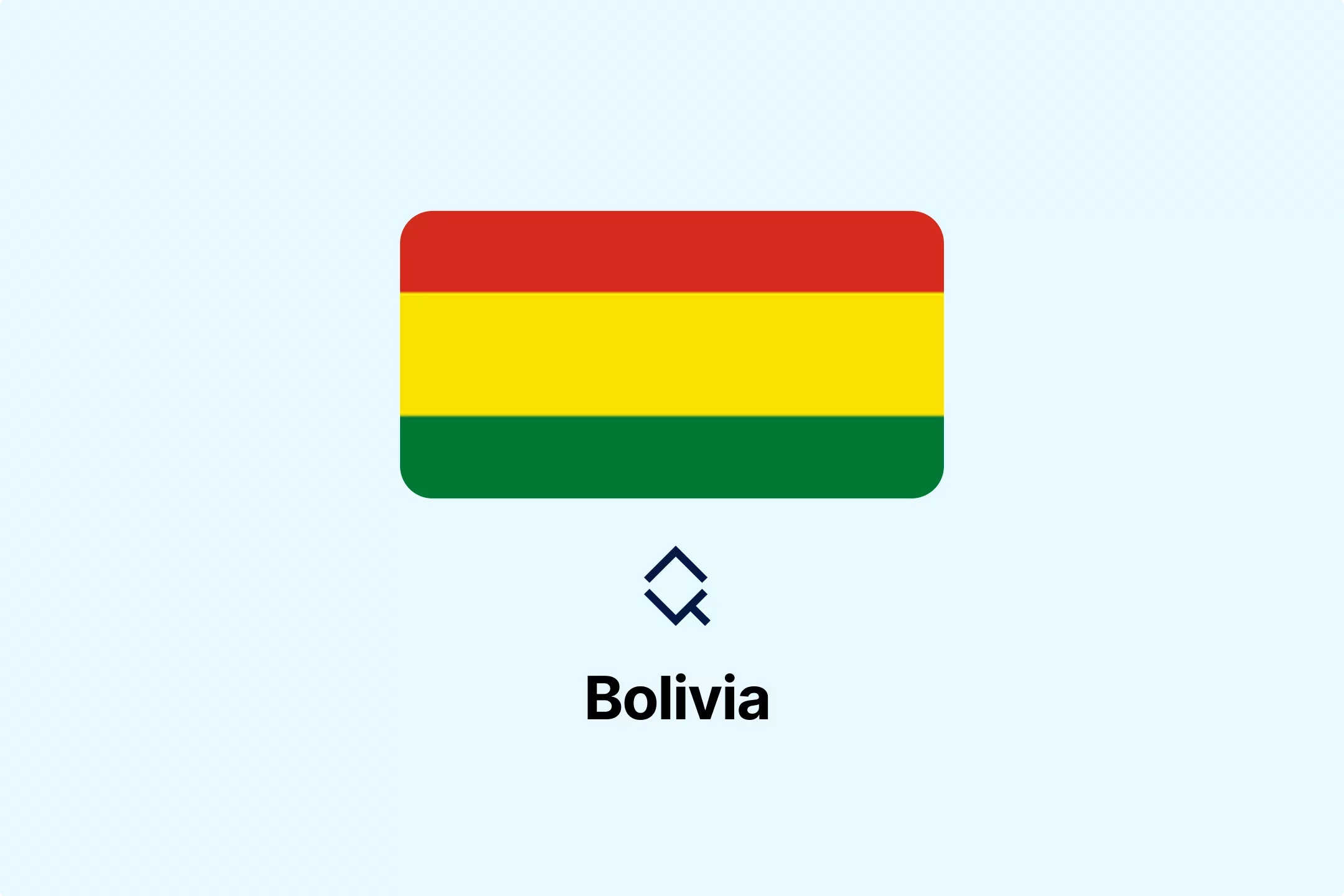

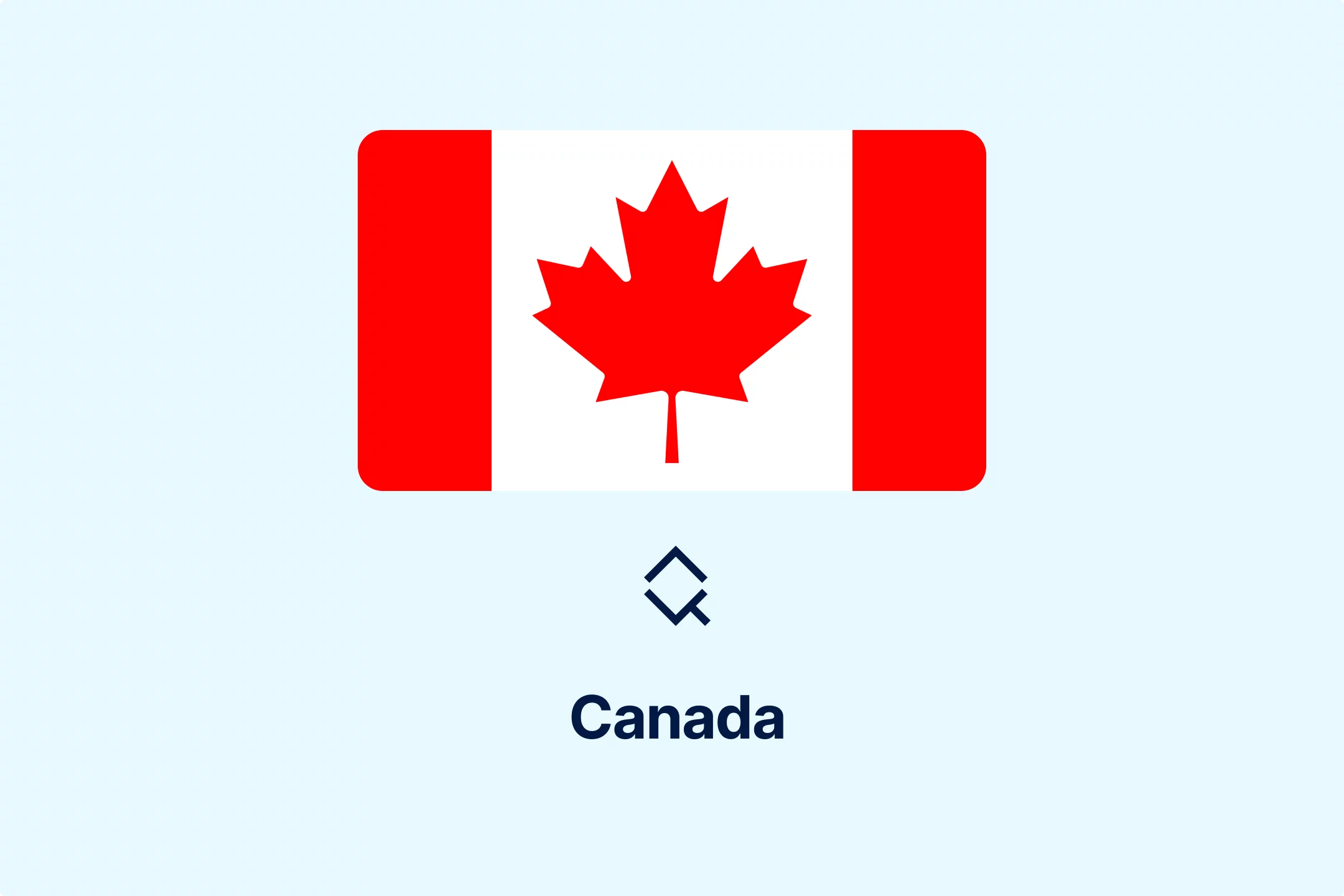





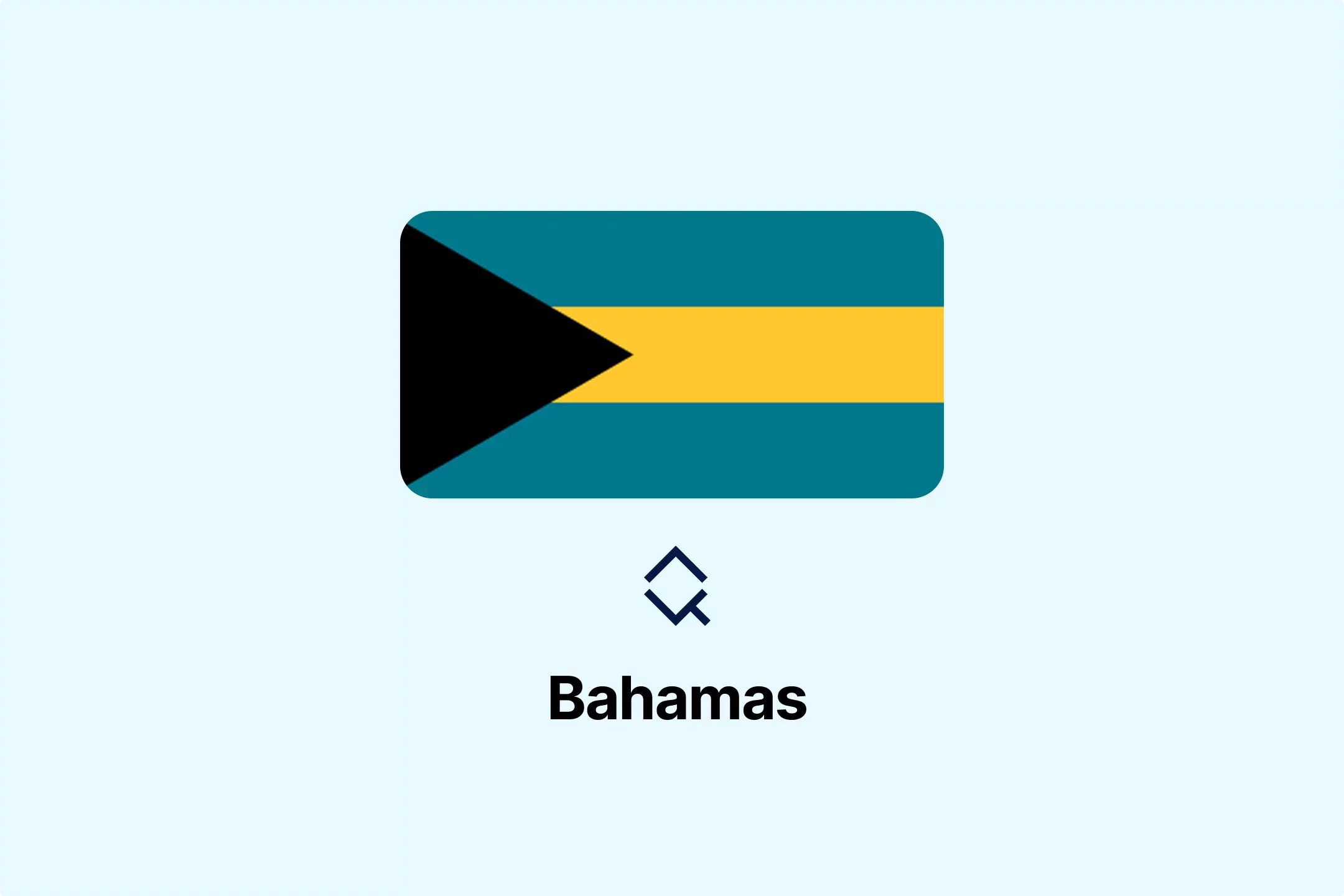



-qoqtiao7l2.webp)

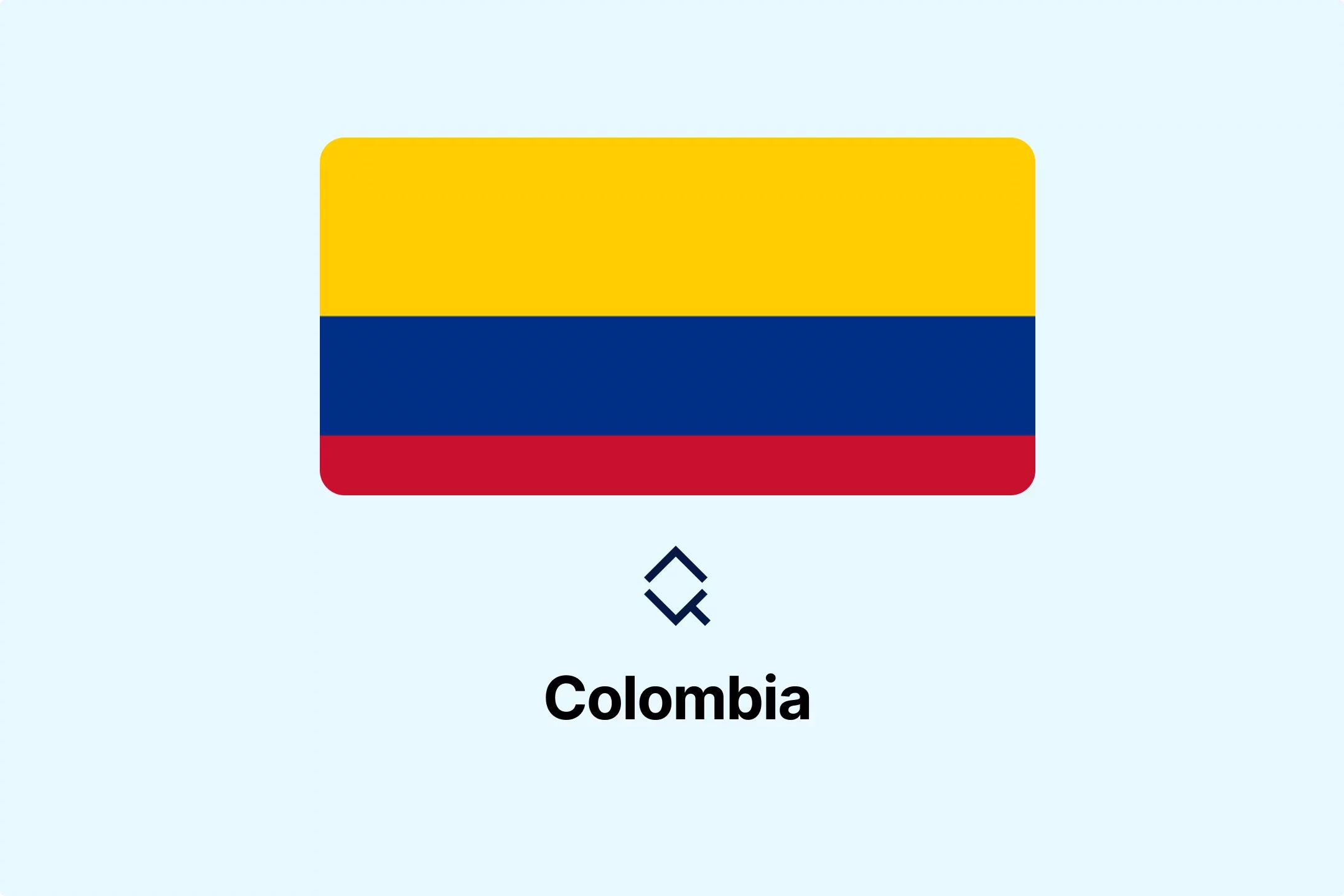
-pdupgqz2r8.webp)
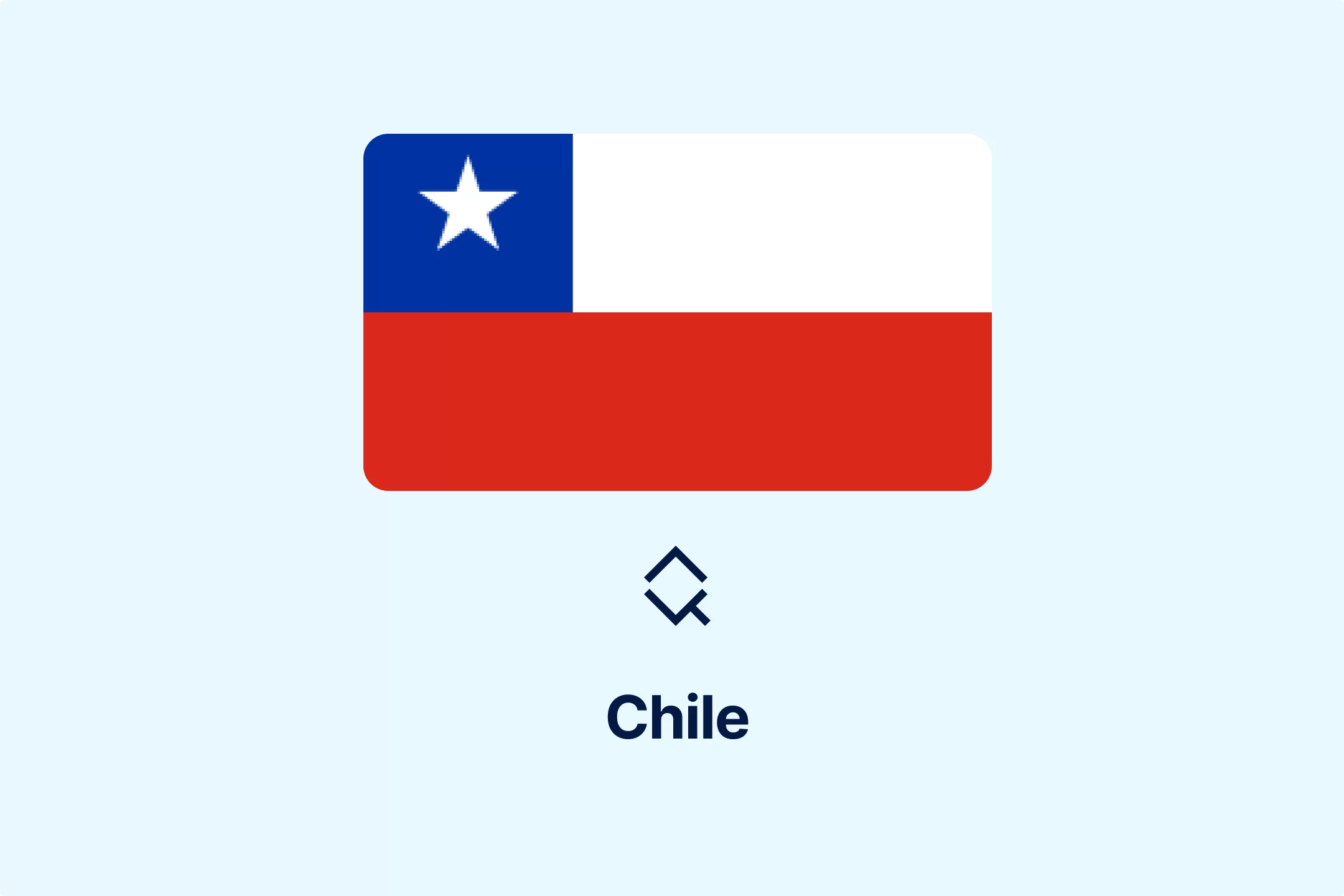
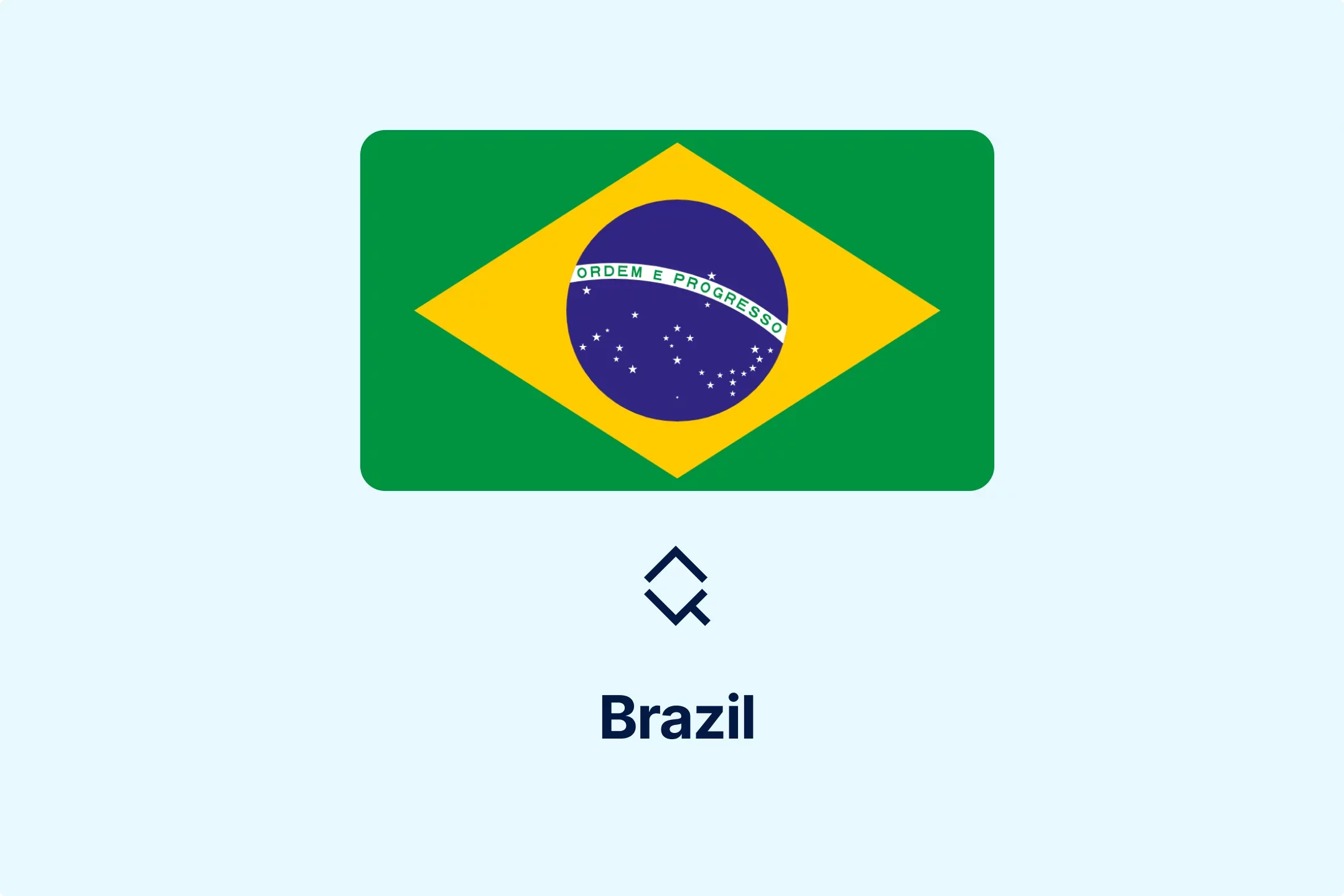




-o0xyg5unvs.webp)

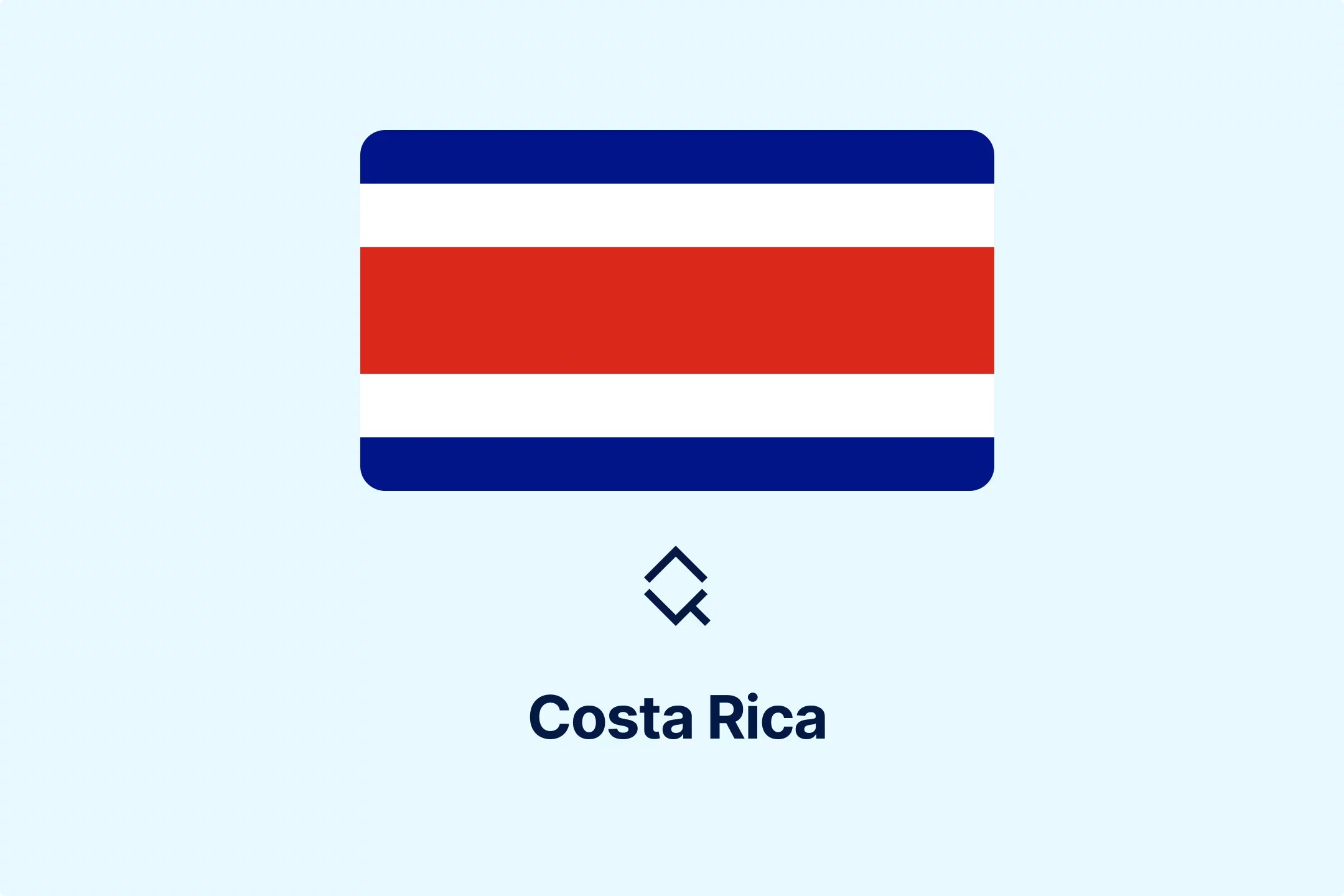
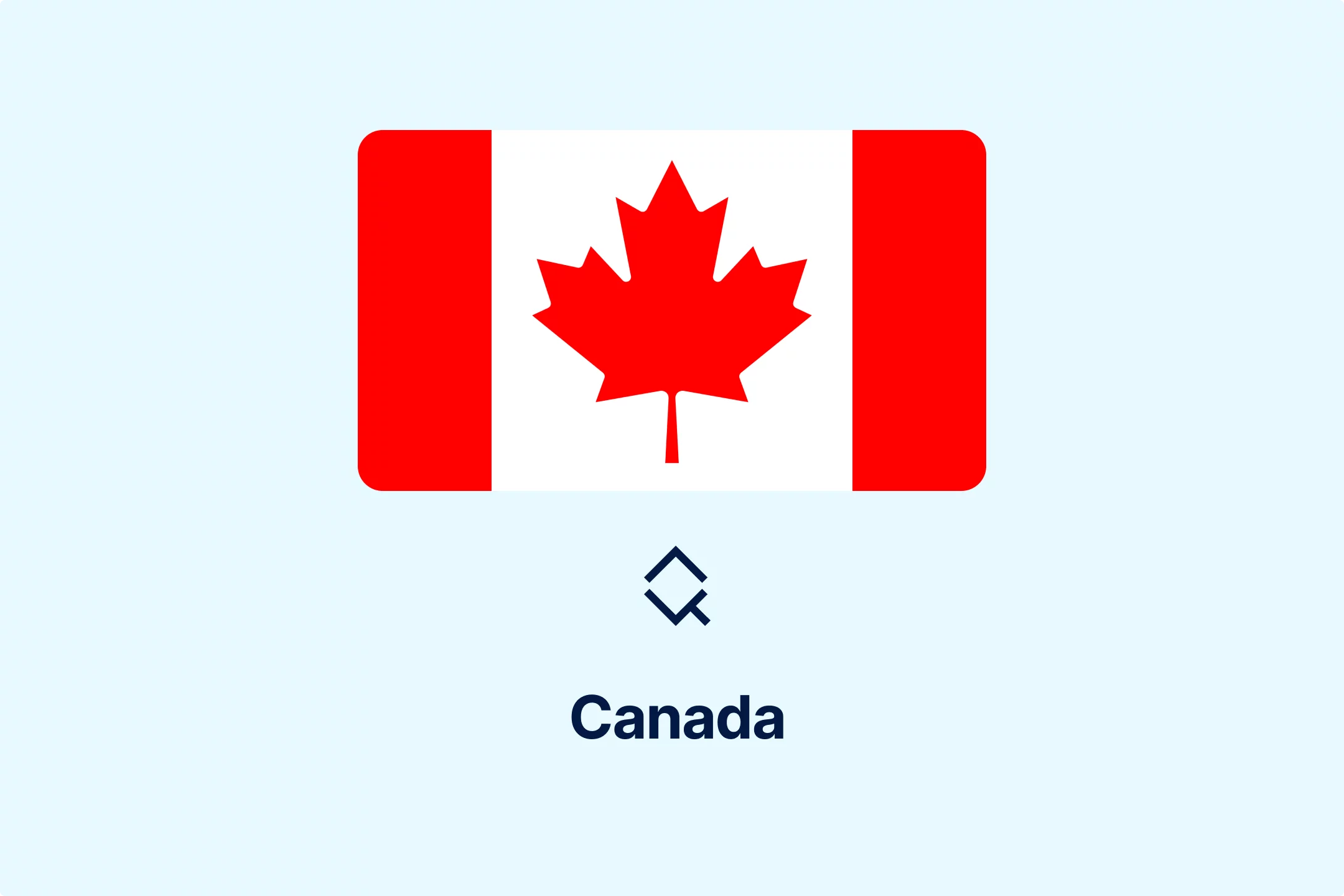
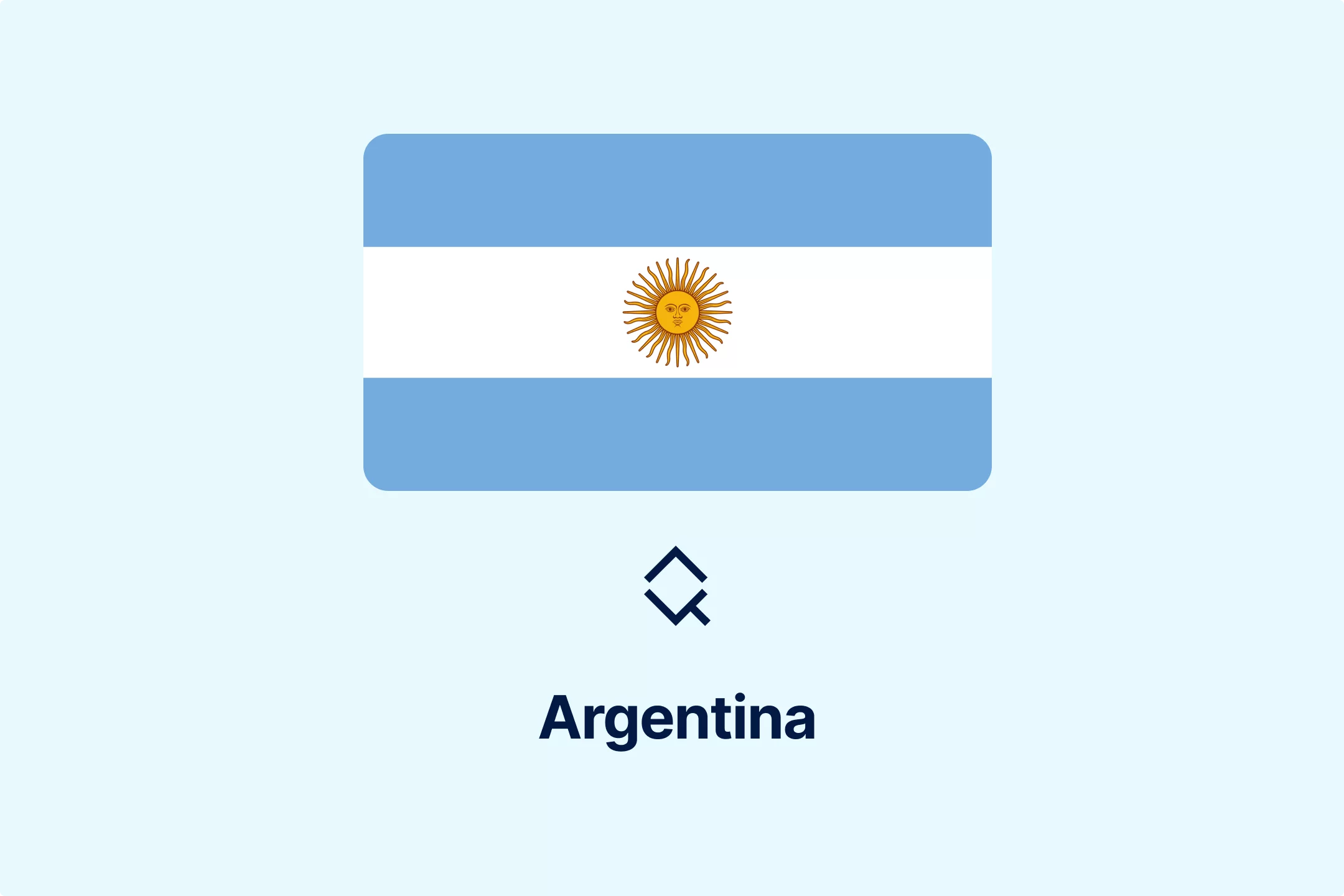



-sebuexzucq.webp)





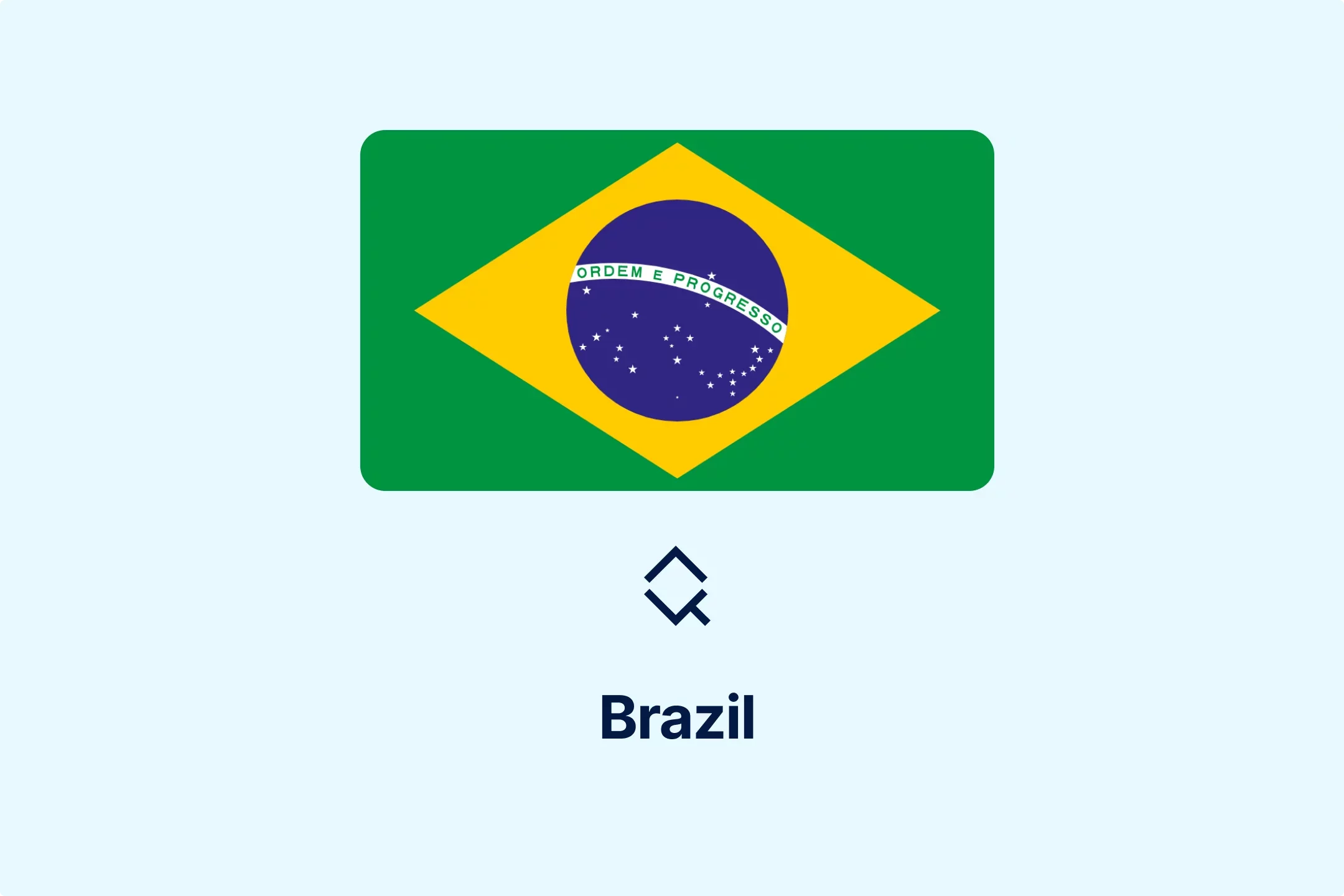

-sug7vykj81.webp)







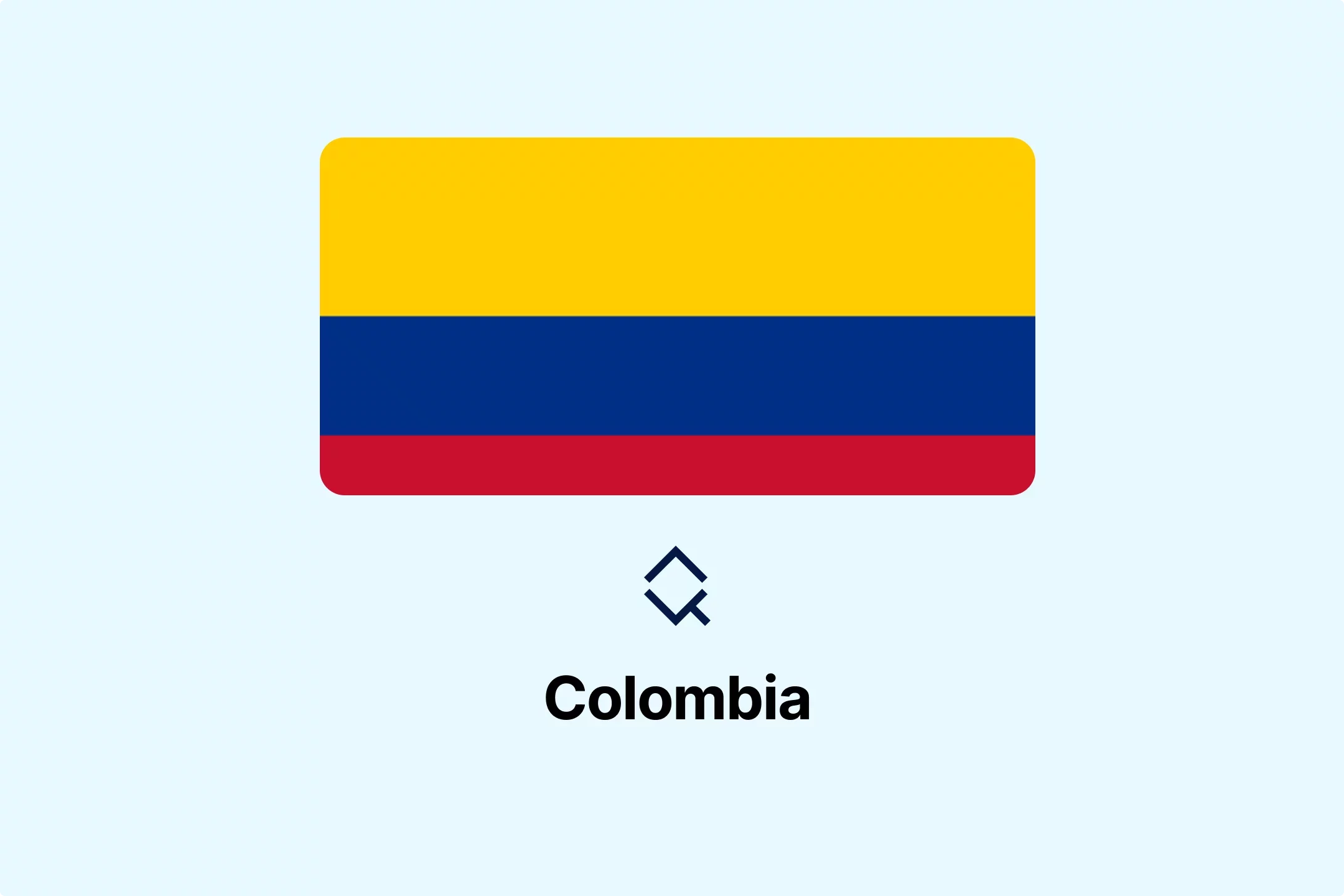
-gsvc6ack9u.webp)

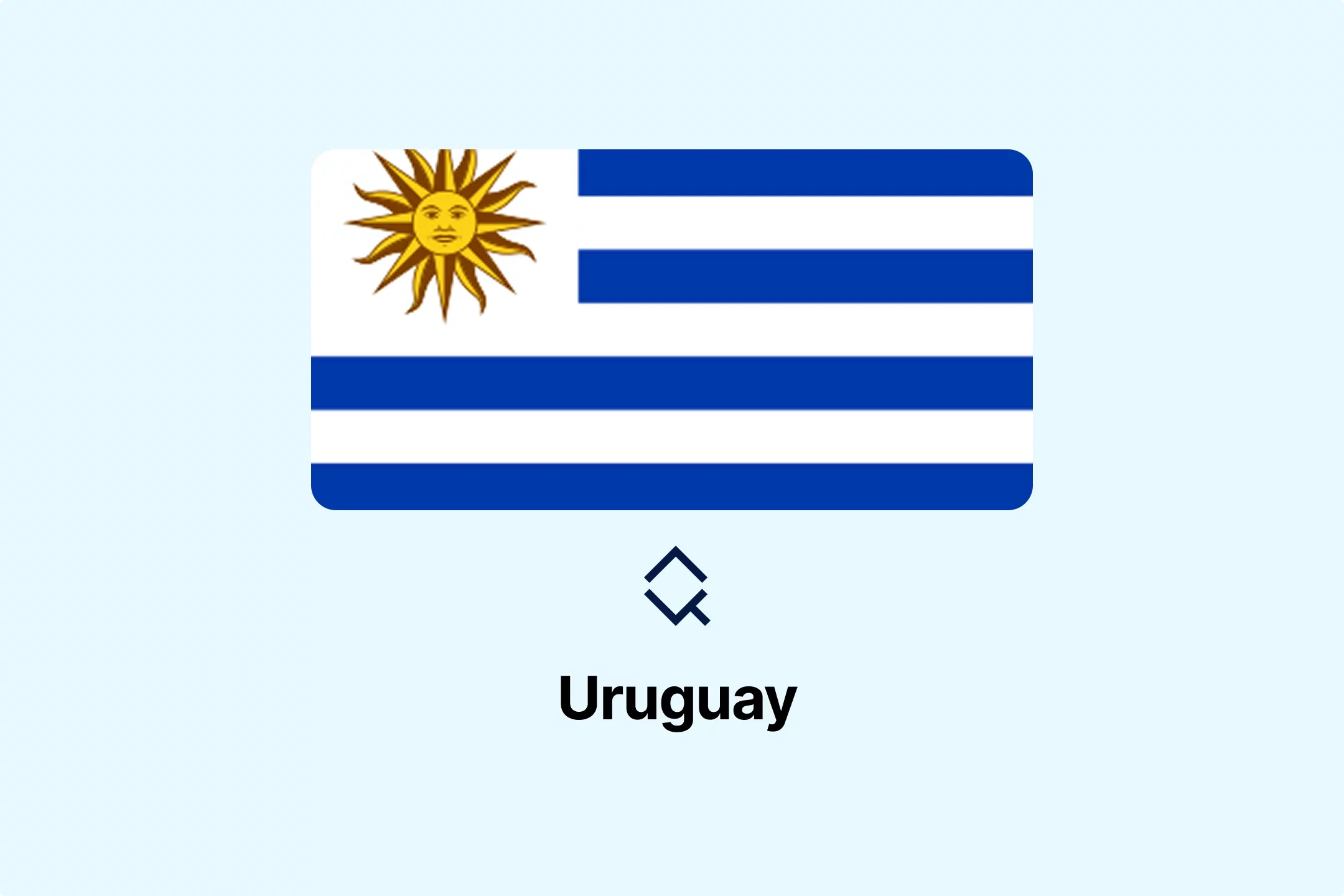


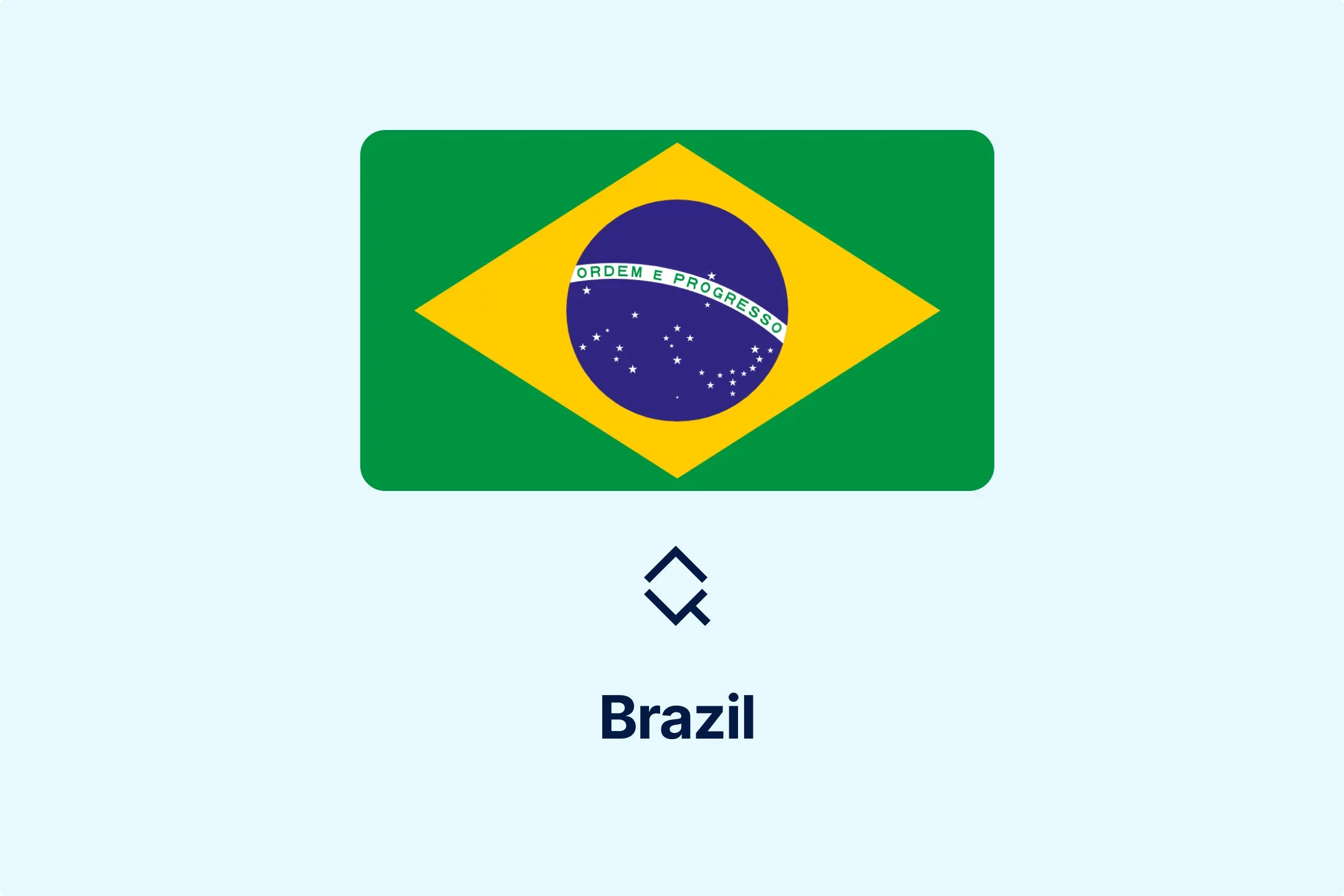


-xsarn0aogt.webp)

-hcel6azmgf.webp)



-p6e3ovhdh3.webp)


-fbovkq9h8b.webp)
-pofe7ucwz3.webp)


-d3qhimei1d.webp)




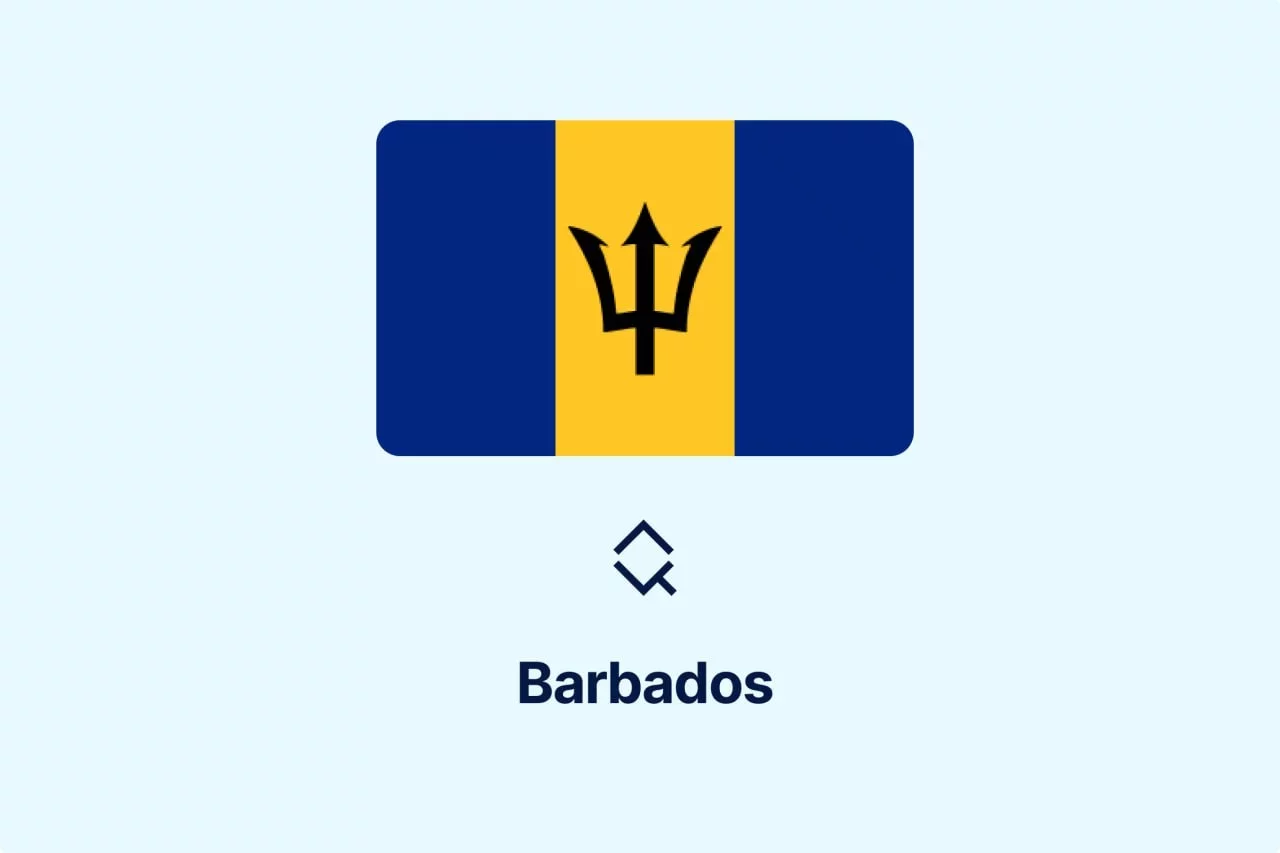

-nilkffjhah.webp)
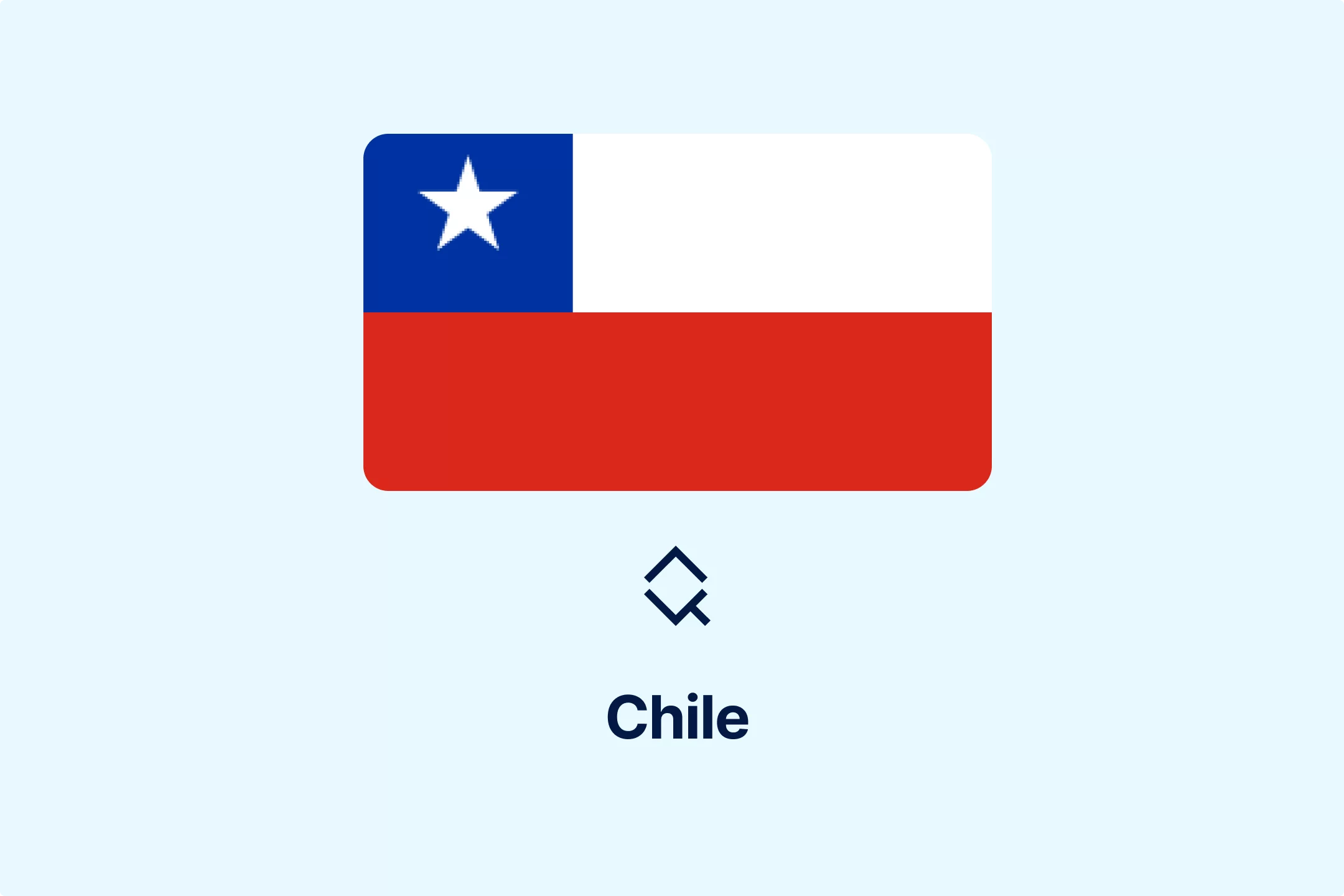












-xbhr0m4jsb.webp)


-ae6fi6cjox.webp)















-b0fpsws1w1.webp)






















-x78wuofpzj.webp)



















-b44f1vjl1i.webp)




-priw8nq5xc.webp)
-8bkw2pujxu.webp)


.png)

.png)




.png)















































